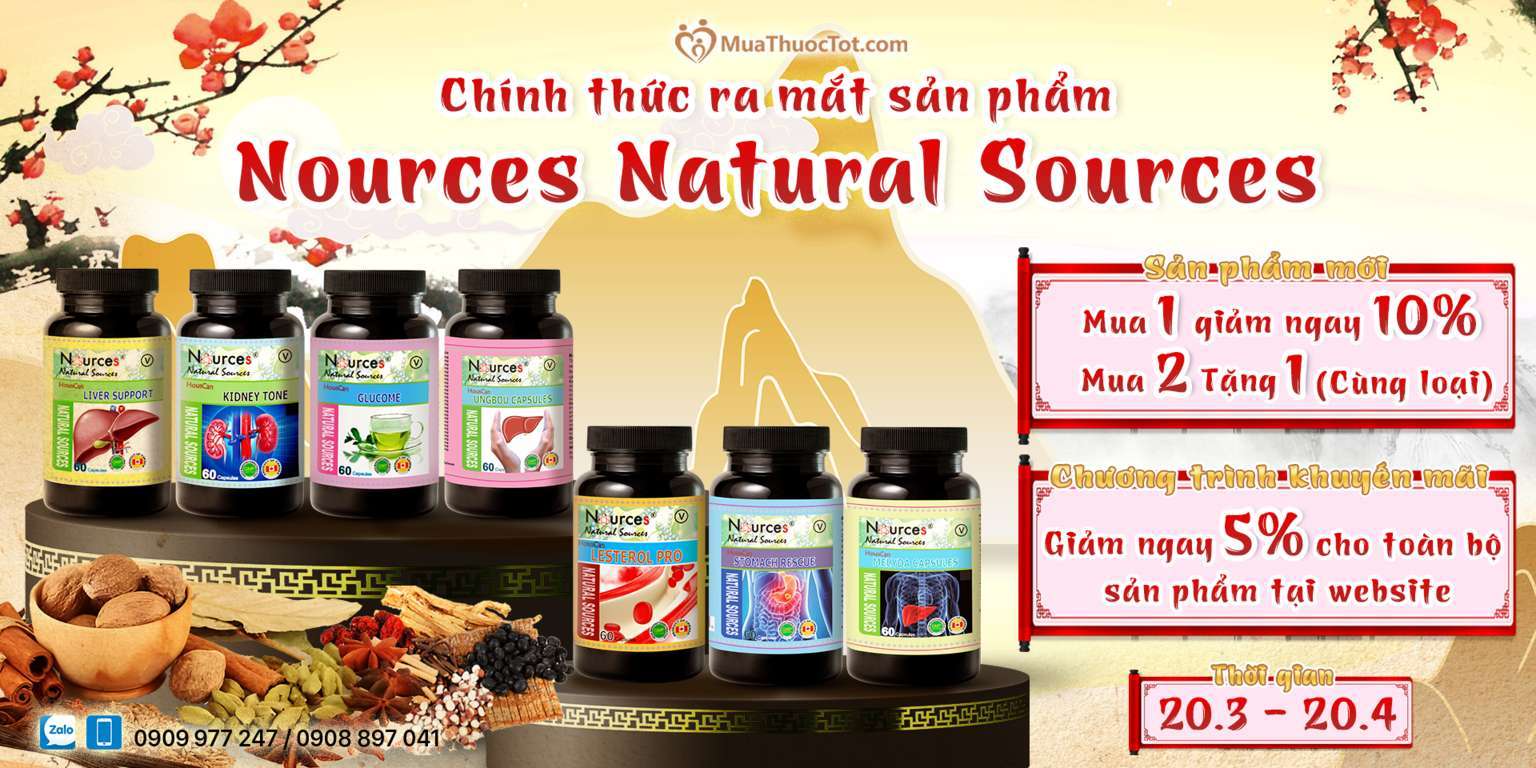-
 Thanh toán đa dạng, linh hoạtChuyển khoản ngân hàng, thanh toán tại nhà...
Thanh toán đa dạng, linh hoạtChuyển khoản ngân hàng, thanh toán tại nhà... -
 Miễn Phí vận chuyển 53 tỉnh thànhMiễn phí vận chuyển đối với đơn hàng trên 1 triệu
Miễn Phí vận chuyển 53 tỉnh thànhMiễn phí vận chuyển đối với đơn hàng trên 1 triệu -
 Yên Tâm mua sắmHoàn tiền trong vòng 7 ngày...
Yên Tâm mua sắmHoàn tiền trong vòng 7 ngày...
Natural Remedies for Low Testosterone: How to Enhance Male Sexual Health and Energy
-

- Mã sản phẩm: 1620555042
- (126 nhận xét)

- Publisher:Healing Arts Press; 2nd Edition, New Edition of The Natural Testosterone Plan (February 1, 2016)
- Language:English
- Paperback:192 pages
- ISBN-10:1620555042
- ISBN-13:978-1620555040
- Item Weight:11.2 ounces
- Dimensions:6 x 0.5 x 9 inches
- Best Sellers Rank:#247,898 in Books (See Top 100 in Books) #34 in Male Impotence #231 in Men's Gender Studies #520 in Herbal Remedies (Books)
- Customer Reviews:4.6 out of 5 stars 123Reviews
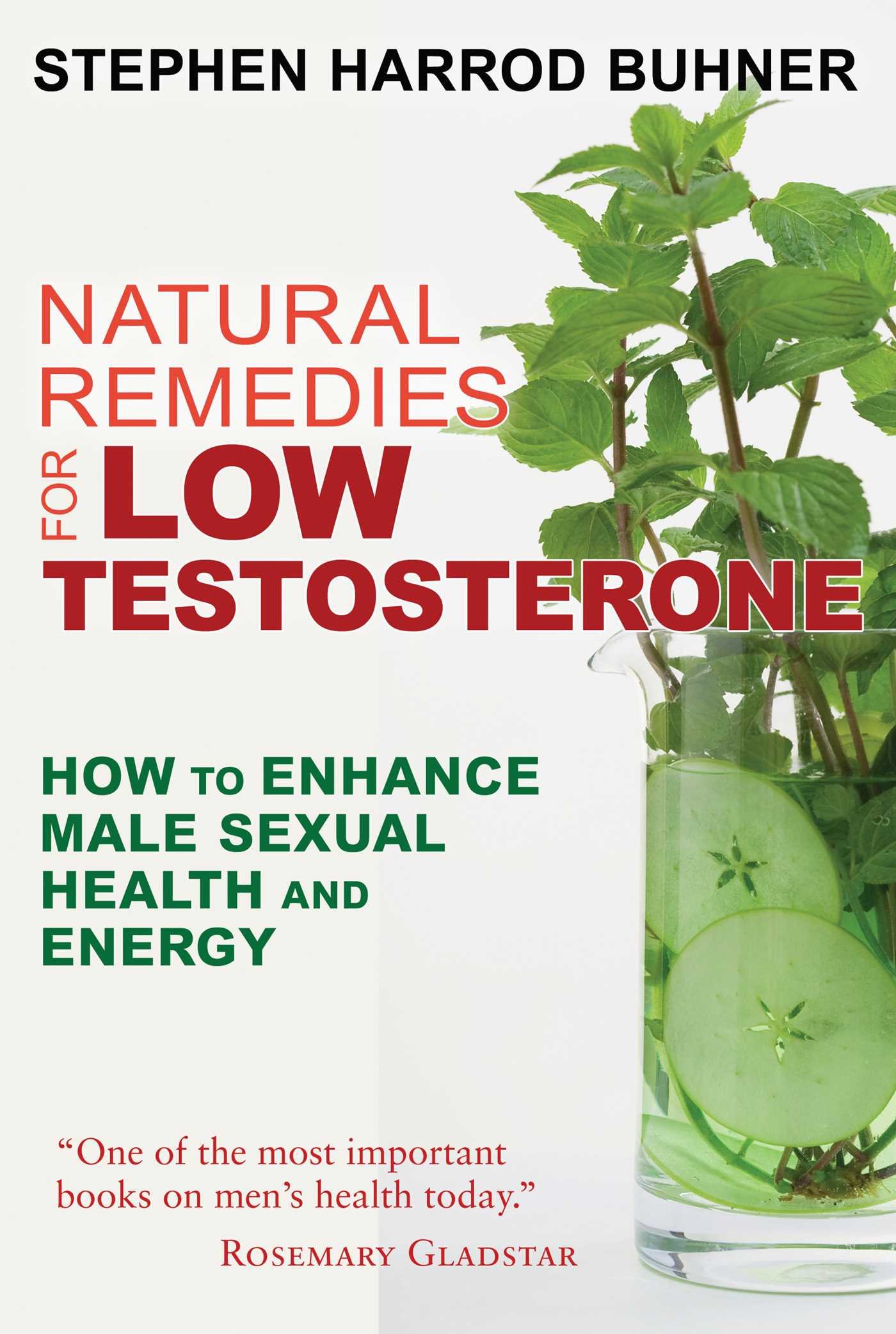
Mô tả sản phẩm
Product Description
How to maintain optimum testosterone levels for the male body through the use of herbs, nutritional supplements, and diet
• Explains the phenomenon of male menopause and how to deal with it
• Reveals scientific evidence of testosterone-blocking agents in the environment that alter men’s essential chemistry as they age
• Presents safe, organic plant medicines that can restore optimum testosterone levels
• Contains the most up-to-date natural treatments for impotence, infertility, and prostate disease
The recognition of andropause, the middle-age stage in male development comparable to women’s menopause, is hampered by the lack of a clear outward manifestation of the chemistry and physiology specific to aging men. Men are still capable of reproduction well into and beyond middle age. Yet a man’s sexual desire and potency varies, often according to his testosterone level. Recent studies show that the lowered testosterone levels endemic in aging men--a gradual drop that is quite normal--are being exacerbated by environmental agents. Testosterone-blocking estrogen agents are present in insecticides, industrial materials, pharmaceuticals, and foods. Men are daily inundated with a “cocktail” of estrogen agents that alter the fine balance of testosterone that makes them male. But as recent medical research has revealed, testosterone replacement therapy with Low T drugs is not a good option because of the increased risk of cardiovascular problems, such as heart attack and stroke, and because the body can become dependent on pharmaceutical testosterone and stop producing any on its own.
In this updated edition of The Natural Testosterone Plan, Stephen Harrod Buhner shows why men need help to maintain their testosterone levels as they age and explains how naturally occurring phytoandrogens--plant medicines that contain male hormones--can safely remedy the depletion exerted by the environment. Buhner details how each phytoandrogen works, when its use is indicated, and the most appropriate method of application, providing all men with safe, natural, and effective means of maintaining optimum testosterone levels well into old age.
Review
“Stephen Buhner combines scientific research, traditional knowledge, and personal experience into what may be one of the most important books available on men’s health today. He primarily explores the little-known territory of men’s hormonal changes during midlife--a transition in men’s life that has unfortunately been largely ignored, often denied by modern medicine--and offers simple sensible solutions to help men navigate this important cycle of their lives.” ― Rosemary Gladstar, herbalist, founder of United Plant Savers, and author of Planting the Future: Sav
About the Author
Stephen Harrod Buhner (1952–2022) was the senior researcher for the Foundation for Gaian Studies. He was the award-winning author of many books, including Healing Lyme, Healing Lyme Disease Coinfections, Herbal Antibiotics, The Secret Teachings of Plants, and Plant Intelligence and the Imaginal Realm. He taught for more than 30 years throughout North America and Europe on herbal medicine, the sacredness of plants, and the intelligence of nature.
Excerpt. © Reprinted by permission. All rights reserved.
Chapter 1
The Importance of Natural Hormone Support for Men
Most of us can remember our shift into adolescence: our bodies were changing radically, preparing us for reproduction and independence. At the same time, just as significantly, our minds and spirits were shifting--preparing us for life as adults, for love and families of our own, for careers, and for our individual and unique destinies.
These shifts had tremendous physical and emotional impacts as we moved into adolescence. Our bodies changed shape, our skin altered, we began growing hair in places it had not grown before, our voices deepened. In short, our entire appearance changed. And just as impactful, how the world saw us changed. We had to get used to a new “image,” a new “face.” The person we saw when we looked in mirrors, those at home and those in people’s eyes, had changed. The young boy we were was gone, a new someone had come to take his place.
This new way of being--the adolescent physical, emotional, and spiritual processes that came into being as we moved out of childhood--has a certain life span, a certain arc, a period of growth, development, maturity, and then senescence or ending. A transition process, in many ways similar to adolescence, occurs again when we enter the middle of life. We look in the mirror and notice that someone new is taking the place of that young man we once were. And then, one day, we mildly flirt with a young woman, much as we have always done since our movement into adolescence, and instead of the usual response, one we had become used to over long years of social interaction, the response we get is different. Her eyes respond with, “You’re old enough to be my father.” And in that moment the changes that have begun catch up with us. We, whether we want to or not, enter middle age.
Historically, many cultures have understood this transition much better than we now do. Middle age was recognized for its importance as were the tasks that lay before the newly awakening middle-aged man. James Hillman, a Jungian analyst exploring the territory of middle and old age and its importance, makes a deeply insightful point in his book The Force of Character and the Lasting Life:
The transition [to middle age] is first of all psychological, and to me it means this: It is not we who are leaving, but a set of attitudes and interpretations regarding the body and the mind that have outlasted their usefulness--and their youthfulness. We are being forced to leave them behind. They can no longer sustain us, not because we are old, but because they are old.
Middle age and old age are not simply the wearing out of the body but the movement into new territories of self, into new tasks as human beings. Emotionally, we are in fact coming to terms with our youth, thinking it over. The dreams of who we would be, made during adolescence, are pulled out of the cupboard, dusted off, and examined. We compare them to what we have actually done. Then we look over who we are and what we want to do now. We enter new territories of self that must be encountered, explored, experimented with in order for them to be fully realized, for this new way of being to be integrated and whole. And, of necessity, we must grieve the loss of that young man with whom we have lived so long.
This would be challenging enough were it the only thing to be dealt with but there is another factor that makes it harder still, a factor that interferes with the successful transition into a healthy, vital middle age: the pervasiveness of chemicals throughout the ecosystem that mimic the actions of estrogens (female hormones). The powerful and historically unique presence of these chemistries in our ecosystems and in our bodies cannot be overstated.
During our shift into middle age our body chemistry begins to change. Testosterone and other androgen (male hormone) levels start to shift in important ways. Our bodies broaden, our ears grow bigger and longer, hair, once again, begins to appear in unusual places (and disappear in others). These are normal changes. They and many others are elements of our shift into another kind of maleness. But something is interfering with this natural shift of our bodies. Endocrine researchers now realize that environmental estrogenic pollutants and substances are entering our bodies in tremendous quantities, shifting our hormonal balance toward the estrogen side of the equation. Like women, we do have estrogens in our bodies (just as they have testosterone), we just don’t have the same quantities, and we have a great deal more testosterone than they do. What is most important is the ratio of androgens to estrogens. Anything that upsets that balance changes who and what we become. We are not our chemistry, but we certainly are affected by our chemistry.
Unfortunately, industrial substances, in the millions of tons, are exacerbating the movement into middle age that men naturally experience. Researchers have found that some of these substances cause more testosterone to be converted to estradiol, others actually interfere with the production of testosterone, and still others are potent estrogens that, as they are taken into our bodies, seriously disrupt the androgen/estrogen balance. For many of us androgen levels are so profoundly affected that sexual vitality and quality of life are significantly reduced.
It is possible to reverse this process by regularly supplementing the diet with plants high in androgens, natural steroidal supplements and vitamins, and androgen-stimulating foods. Incorporating these as a regular part of your diet for two weeks to one year can enhance free testosterone levels and positively alter the androgen/estrogen ratio. This book will look at the most important plants, supplements, and foods that can be used to increase testosterone levels and alter the androgen/estrogen balance toward the androgen side of the equation.
- Mua astaxanthin uống có tốt không? Mua ở đâu? 29/10/2018
- Saffron (nhụy hoa nghệ tây) uống như thế nào cho hợp lý? 29/09/2018
- Saffron (nghệ tây) làm đẹp như thế nào? 28/09/2018
- Giải đáp những thắc mắc về viên uống sinh lý Fuji Sumo 14/09/2018
- Công dụng tuyệt vời từ tinh chất tỏi với sức khỏe 12/09/2018
- Mua collagen 82X chính hãng ở đâu? 26/07/2018
- NueGlow mua ở đâu giá chính hãng bao nhiêu? 04/07/2018
- Fucoidan Chính hãng Nhật Bản giá bao nhiêu? 18/05/2018
- Top 5 loại thuốc trị sẹo tốt nhất, hiệu quả với cả sẹo lâu năm 20/03/2018
- Footer chi tiết bài viết 09/03/2018
- Mã vạch không thể phân biệt hàng chính hãng hay hàng giả 10/05/2023
- Thuốc trắng da Ivory Caps chính hãng giá bao nhiêu? Mua ở đâu? 08/12/2022
- Nên thoa kem trắng da body vào lúc nào để đạt hiệu quả cao? 07/12/2022
- Tiêm trắng da toàn thân giá bao nhiêu? Có an toàn không? 06/12/2022
- Top 3 kem dưỡng trắng da được ưa chuộng nhất hiện nay 05/12/2022
- Uống vitamin C có trắng da không? Nên uống như thế nào? 03/12/2022
- [email protected]
- Hotline: 0909977247
- Hotline: 0908897041
- 8h - 17h Từ Thứ 2 - Thứ 7
Đăng ký nhận thông tin qua email để nhận được hàng triệu ưu đãi từ Muathuoctot.com
Tạp chí sức khỏe làm đẹp, Kem chống nắng nào tốt nhất hiện nay Thuoc giam can an toan hiện nay, thuoc collagen, thuoc Dong trung ha thao , thuoc giam can LIC, thuoc shark cartilage thuoc collagen youtheory dau ca omega 3 tot nhat, dong trung ha thao aloha cua my, kem tri seo hieu qua, C ollagen shiseido enriched, và collagen shiseido dạng viên , Collagen de happy ngăn chặn quá trình lão hóa, mua hang tren thuoc virility pills vp-rx tri roi loan cuong duong, vitamin e 400, dieu tri bang thuoc fucoidan, kem chống nhăn vùng mắt, dịch vụ giao hang nhanh nội thành, crest 3d white, fine pure collagen, nên mua collagen shiseido ở đâu, làm sáng mắt, dịch vụ cho thue kho lẻ tại tphcm, thực phẩm tăng cường sinh lý nam, thuoc prenatal bổ sung dinh dưỡng, kem đánh răng crest 3d white, hỗ trợ điều trị tim mạch, thuốc trắng da hiệu quả giúp phục hồi da. thuốc mọc tóc biotin
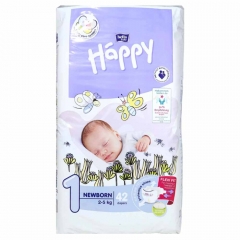
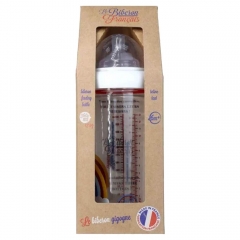
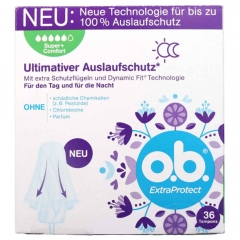

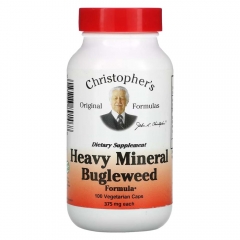
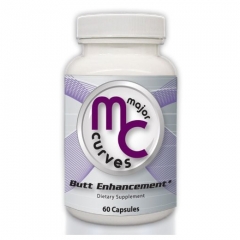
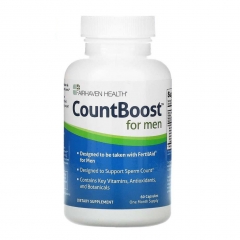
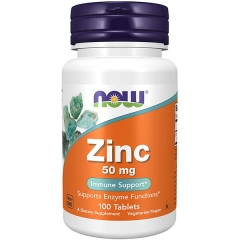
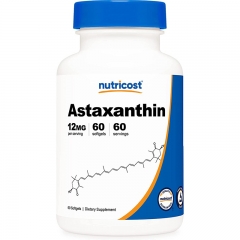
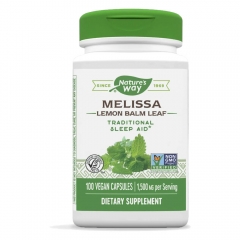
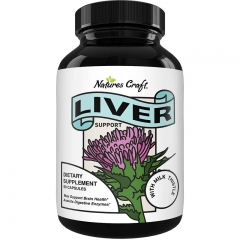
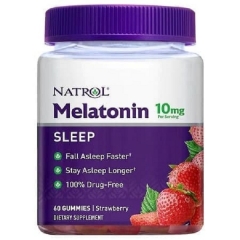
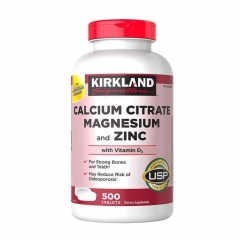
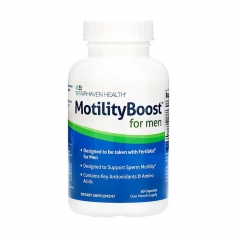
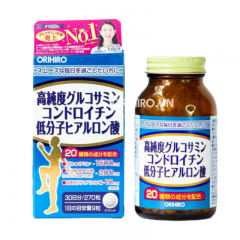
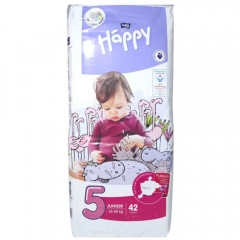
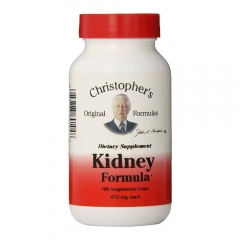

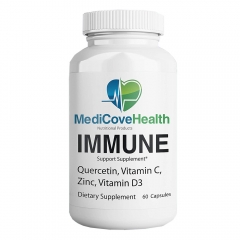




 KHUYẾN MÃI LỚN
KHUYẾN MÃI LỚN Hỗ Trợ Xương Khớp
Hỗ Trợ Xương Khớp Bổ Não & Tăng cường Trí Nhớ
Bổ Não & Tăng cường Trí Nhớ Bổ Sung Collagen & Làm Đẹp
Bổ Sung Collagen & Làm Đẹp Bổ Thận, Mát Gan & Giải Độc
Bổ Thận, Mát Gan & Giải Độc Chăm Sóc Sức khỏe Nam Giới
Chăm Sóc Sức khỏe Nam Giới Chăm Sóc Sức khỏe Nữ Giới
Chăm Sóc Sức khỏe Nữ Giới Chăm sóc Sức khỏe Trẻ Em
Chăm sóc Sức khỏe Trẻ Em Thực Phẩm Giảm Cân, Ăn Kiêng
Thực Phẩm Giảm Cân, Ăn Kiêng Bổ Sung Vitamin & Khoáng Chất
Bổ Sung Vitamin & Khoáng Chất Bổ Tim Mạch, Huyết Áp & Mỡ Máu
Bổ Tim Mạch, Huyết Áp & Mỡ Máu Bổ Mắt & Tăng cường Thị lực
Bổ Mắt & Tăng cường Thị lực Điều Trị Tai Mũi Họng
Điều Trị Tai Mũi Họng Sức Khỏe Hệ Tiêu hóa
Sức Khỏe Hệ Tiêu hóa Chăm Sóc Răng Miệng
Chăm Sóc Răng Miệng Chống Oxy Hóa & Tảo Biển.
Chống Oxy Hóa & Tảo Biển.